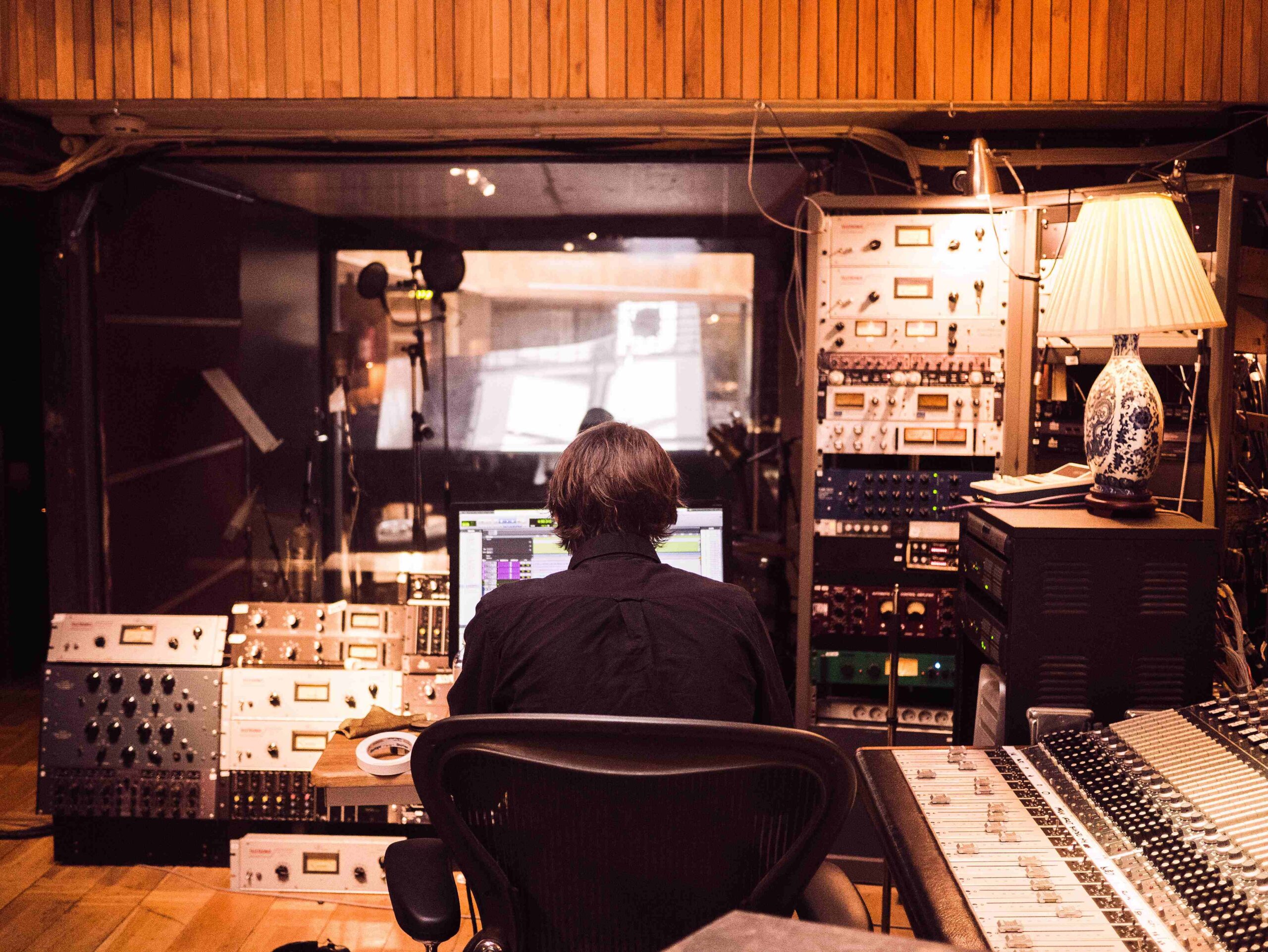Introduction:
Songwriting is a magical blend of creativity, passion, and storytelling. It’s the art of turning emotions, experiences, and thoughts into melodies and lyrics that resonate with audiences. While songwriting may seem like an innate talent possessed by a select few, it is, in fact, a skill that can be nurtured and refined. In this blog, we will delve into the creative process, exploring the steps of creativity that contribute to the creation of a great song.
Inspiration: The Starting Point of the Creative Process

Every great song begins with a spark of inspiration. This can come from personal experiences, observations, or even a fleeting moment. It’s essential to remain open to the world around you, as inspiration can strike at any time. Many songwriters carry a notebook or use smartphone apps to jot down ideas or melodies that come to mind unexpectedly.
Embracing the Creative Process:
Once you have your inspiration, it’s time to dive into the creative process. This involves setting aside dedicated time for songwriting, creating the right environment, and mentally preparing yourself to let your creativity flow. Find a quiet space, eliminate distractions, and get into the mindset of a songwriter.
The Steps of Creativity:
a. Brainstorming: Start by brainstorming ideas, themes, or concepts that align with your inspiration. This can involve free-writing, mind mapping, or simply thinking deeply about the message you want to convey in your song.
b. Lyrics and Melody: Once you have a clear theme or concept, begin crafting your lyrics and melody. Experiment with different chord progressions, rhythms, and word choices to find the perfect fit for your message. Don’t be afraid to revise and refine your lyrics until they resonate with your emotions.

c. Song Structure: Consider the structure of your song. Most songs follow a basic structure of verses, choruses, and bridges. Experiment with variations to create a unique and engaging composition.
d. Emotional Connection: A great song should evoke emotions in the listener. Make sure your lyrics and melody align to create a powerful emotional connection. Ask yourself how you want your audience to feel when they hear your song.
e. Collaboration: Collaboration can be a valuable part of the creative process. Working with other musicians or songwriters can bring fresh perspectives and ideas to your song, leading to a more dynamic and memorable composition.
Conclusion:
Songwriting is a deeply personal and creative endeavor, but it’s not reserved for a select few. Anyone can embark on the journey of crafting a great song by embracing the creative process and following the steps of creativity. Remember that practice makes perfect, and the more you write, the better you’ll become. So, let your inspiration guide you, nurture your creativity, and watch as you create songs that touch the hearts and souls of your audience.










